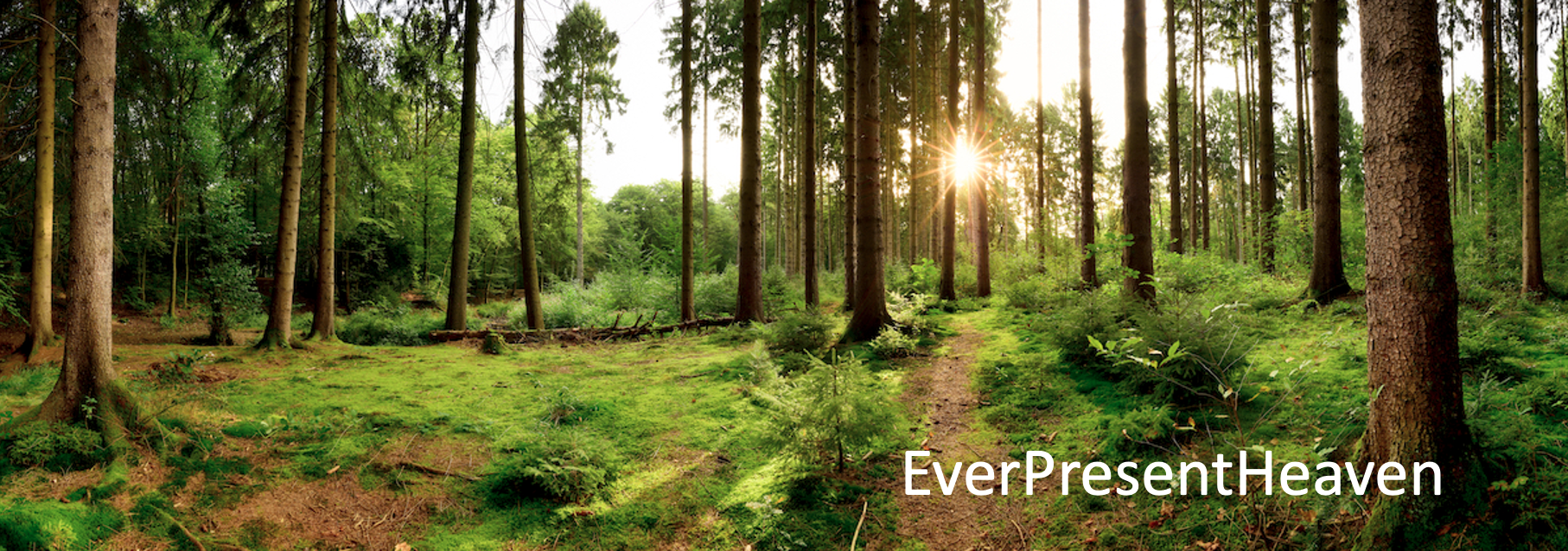[av_textblock size=” font_color=” color=” av-medium-font-size=” av-small-font-size=” av-mini-font-size=” av_uid=’av-k6gyup4g’ admin_preview_bg=”]

After spending some time in Psalms 23, I am now getting a glimpse of why it is such a treasure to so many.
Psalms 23 was written by David and he was a shepherd. He tended his family’s flocks. In the economy of that day, sheep were very valuable to the family and the shepherd had a vital role in the family’s welfare and future. He was to feed the sheep and protect them from harm. Imagine that your family is in the computer business and you are in charge of computer repair and virus protection – that’s sort of like David’s role.
Sheep are not known as very smart animals; they tend to wander off into trouble and because they don’t pay attention well, they can be picked off by the enemy pretty easily…they need a protector. In Psalms 23 David uses his familiar environment to tell us what God is like. In the story we are the sheep and God is the good shepherd.
From what I can understand, shepherds used rods and staffs to protect the sheep from harm or, in other cases, to get the sheep out of harms way. The shepherd used the rod as a defensive weapon to fight off predatory animals like wolves and bears.
The Staff was used by the shepherd as a tool to get the sheep out of a difficult spot. Sheep were known to get caught in the brushes, so the shepherd would use the crooked end of the staff to pull the sheep out of the thicket and draw the sheep out to the shepherd’s protective care. If the sheep fell into a pit, the shepherd would hook the staff around the lamb’s neck and pull it to safety…..again…the imagery is to save the sheep from harm and to draw the sheep close to the shepherd.
The Hebrew word for rod refers to a walking stick you lean on or a fighting stick, like a stick you’d use to fight off animals. The Hebrew word for “staff” (mishan) meanssupport, a protector, sustenance, or stay (near). The root word for mishan is shaan meaning to “lean, lie, rely, rest on, stay“. The picture of a pair of crutches helping you when you have a leg injury comes to mind….the staff provides support and protection and it keeps me “near” the good shepherd. We are to “lean on” the staff and have it support our weight when we are in trouble.
I think David is reminding us of three things:
- You can find peace and can lean on God for support. He wants us to lean on Him.
- When we get caught-up in a situation or stuck in the briars of life, we can trust that God, our shepherd is able to pull us out of the pit in which we find ourselves.
- When we face the wolves and bears of our life that threaten our lives, our families, our jobs, our purpose or our safety, the shepherd God is there to fight for us.
Knowing that God is a loving, kind and protective God who is actively looking out for me and for you is a very powerful idea. To know this concept deep in your heart gives us tremendous strength to endure even very hard times. This is why Psalms 23 was written, I think. To remind us that we have an all-powerful shepherd who is infinitely capable of caring for, protecting and rescuing us from any sort of harm.
In the book Surprised by Suffering author R.C. Sproul says:
“Without the shepherd the sheep would be helpless in the shadowy valley. But as long as the shepherd was present, the lamb had nothing to fear. If the shepherd fell, all would be lost for the sheep. But we have a shepherd who cannot fall. We have a shepherd who cannot die. He is no hireling who abandons his flock at the first sign of trouble. Our shepherd is armed with omnipotent force. He is not threatened by the valley of shadows. He created the valley. He redeems the valley.”
I encourage you today to lean on him, lean on his rod, find sustenance in him, let him rescue you from your pit….cry out to him and he’ll rescue you because you are his valuable lamb and he loves you.
[/av_textblock]
